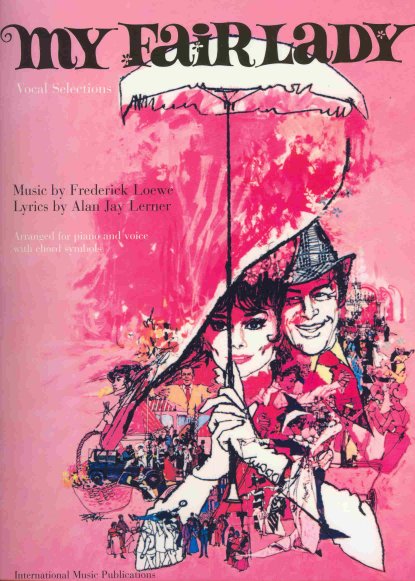"The Last King of Scotland is a 2006 British drama film based on Giles Foden's novel of the same name, adapted by screenwriters Peter Morgan and Jeremy Brock, and directed by Kevin Macdonald. The film was a co-production between companies from the United Kingdom and the United States, including Fox Searchlight Pictures and Film4.
The Last King of Scotland tells the fictional story of Dr. Nicholas Garrigan (James McAvoy), a young Scottish doctor who travels to Uganda and becomes the personal physician to the dictator Idi Amin (Forest Whitaker). The film is based on factual events of Amin's rule and the title comes from a reporter in a press conference who wishes to verify whether Amin declared himself the King of Scotland. Amin was known to invent and adopt fancy imperial titles for himself."
http://en.wikipedia.org/wiki/The_Last_King_of_Scotland_(film)
In the context of the study of Human Rights, this week, we visualized The Last King of Scotland. This is a film with a biographical and historical character that portrays quite faithfully the events succeeded during the dictatorial regime in Uganda (1971-1979).
In this movie are
shown the events through the perspective of a Scottish newly
graduated medical who travels to Uganda and turns out becoming
the personal physician and "man of trust" of the
dictator Idi Amin. Therefore, we end up getting to know the
perspective of who was on the side of the atrocities committed.
“Idi Amin Dada (c. 1925 – 16 August 2003) was a military leader and President of Uganda from 1971 to 1979. Amin joined the British colonial regiment, the King's African Rifles in 1946. Eventually he held the rank of Major General in the post-colonial Ugandan Army and became its Commander before seizing power in the military coup of January 1971, deposing Milton Obote. He later promoted himself to Field Marshal while he was the head of state.Amin's rule was characterized by gross human rights abuse, political repression, ethnic persecution, extrajudicial killings, nepotism, corruption, and gross economic mismanagement. The number of people killed as a result of his regime is estimated by international observers and human rights groups to range from 100,000 to 500,000.Amin escaped to exile in Libya and Saudi Arabia until his death on 16 August 2003.”
http://en.wikipedia.org/wiki/Idi_Amin
In this post we will address the possible
justifications for the acts of cruelty of this dictator showing
his perspective.
The contradictory acts of
Amin indicate that this person has a confusing and this
could be explained based on his life experiences - his
past. Idi Amin was abandoned by his father when he was
young and grew up with his mother's family in a rural
town in north-western Uganda. He left the school with nothing
more than a fourth grade English-language education and he was recruited to the
army by a British colonial army officer (at this time Uganda was a British
colony). These events contributed to the formation of an unbalanced and poor in values (or distorted ones) personality.
This lack
of values is dangerous because it makes people more susceptible
to any influence. In the case of Amin, in addition to becoming obsessed
with any idea, also became a fanatical patriotic and
ethnical. This part of his way of being was influenced by Adolf Hitler
whose story is his contemporary. Idi Amin took the idea of “one country" and
"a superior race" almost as extreme as Hitler.
Amin wanted to reafricanize Uganda, having expelled around 40,000 Asians and Jews that, at the time, dominated the economy.
Amin wanted to reafricanize Uganda, having expelled around 40,000 Asians and Jews that, at the time, dominated the economy.
This dictator ended up achieving the worldwide
recognition, but not for the best reasons. However, for him, the
work what he was doing was being successful. Amin believed
that the 40000 who had expelled from the country as
well as the 300000 who had killed were just numbers that would necessarily be
deleted. If this doesn’t happen these people (the numbers) wouldn’t
allow that the progress continues. The dictator is self-labeled with
various titles: "His Excellency”, “President for Life”, “Field
Marshal”, “Al Hadji”, “Doctor Idi Amin Dada”, “VC”,
“DSO”, “MC”, “Lord of All the Beasts of the Earth and Fishes of
the Seas” and “Conqueror of the British Empire in
Africa in General and Uganda in Particular", in addition
to his officially stated claim of being the uncrowned King of Scotland.
The aim of Amin was just to make Uganda a symbol
of prosperity and wealth (the dream of every governor). The ways
that he used weren’t certainly the most assertive, but were used to
the better purpose - to launch Uganda globally.
Text
written by the authors of the Blog
Cristiana
& Margarida










